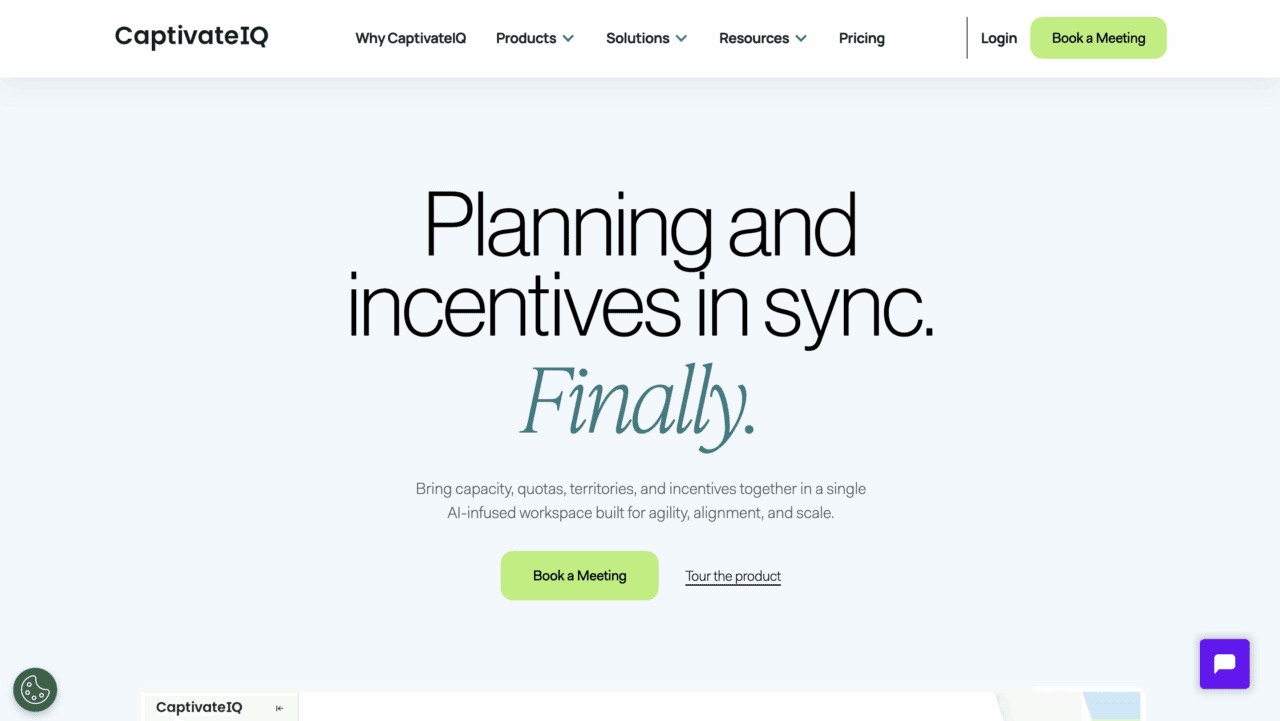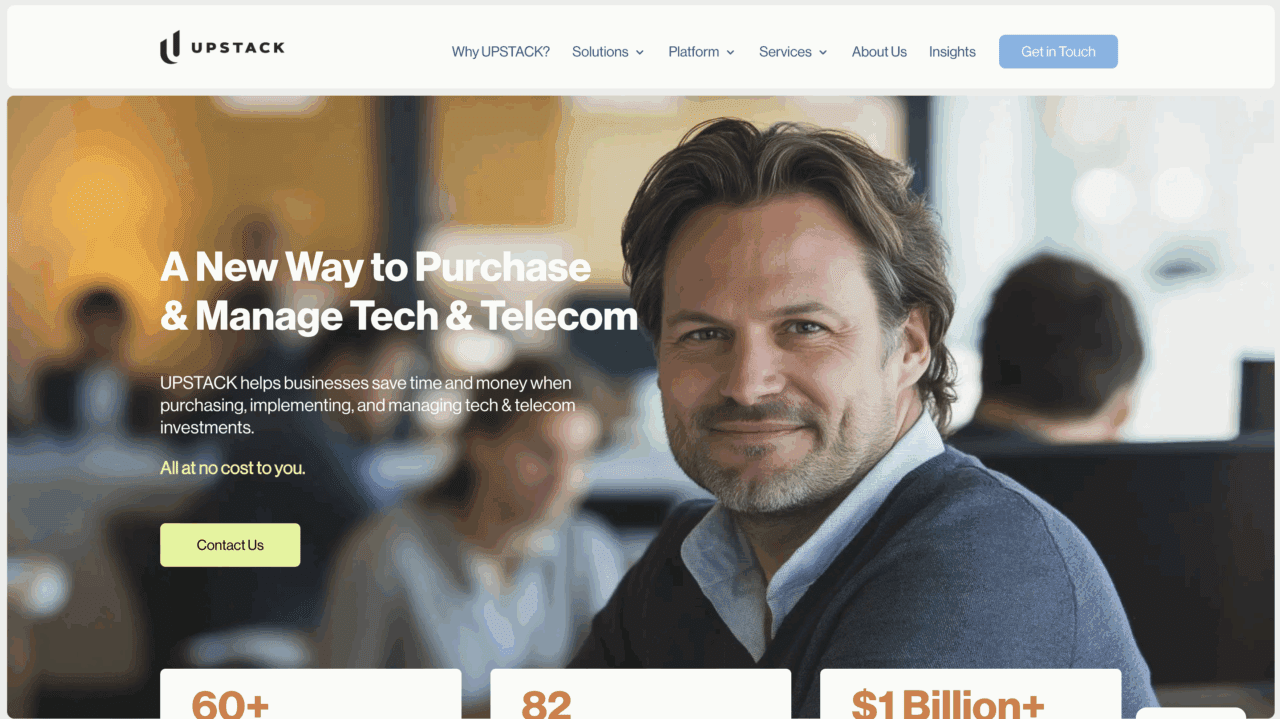
A look at the companies demoing at FinovateFall in New York on September 8 – 10. Register today using this link and save 20%.
Appli
Appli’s AI-powered calculators turn visitors into confident shoppers, guiding key loan and savings decisions to boost revenue across every financial product.
Features
- Delivers personalized financial guidance using AI enabled financial calculators
- Boosts engagement via a trusted experience seamlessly embedded
- Drives revenue growth and turns trust into loyal customers
Who’s it for?
Credit unions and community banks.
Debbie
Debbie is a rewards platform for good money habits where users can earn points for saving, paying off debt, and making on time payments.
Features
- Drives 2x average deposit lift from engaged members
- Delivers a 35% reduction in delinquencies
- Sources thousands of new consumers for half the cost
- Provides competitive intelligence data for upsell opportunities
Who’s it for?
Banks and credit unions.
FintechOS
FintechOS’s AI-driven product engine helps banks innovate without replacing core systems. Its low-code, composable architecture accelerates digital transformation, enhancing compliance and decision-making.
Features
- Launch Web3 products without core changes
- Manage deposits and digital assets from a single platform
- Unlock revenue via crypto-backed lending with GENIUS Act readiness
Who’s it for?
Regional and community banks and credit unions.
Lyzr AI
Lyzr AI is a full stack AI agent infrastructure platform for enterprise.
Features
- Safe and responsible AI built into the framework
- Full stack approach from building agents to taking them into production
- Clonable blueprints and use cases for financial institutions
Who’s it for?
Banks and financial institutions.
Mall IQ
Mall IQ (rebranded as LocatIQ) is an SF-based location AI company empowering financial institutions with real-time customer intent insights, predictive AI models, and contextual engagement.
Features
- Delivers real-time, hyper-personalized engagement for revenue growth
- Uses predictive AI models for card spend potential, including affluent and churn prediction
- Offers alternative credit scoring, fraud prevention, and false card decline prevention
Who’s it for?
Card banks, credit unions, B2C fintech payment companies, loyalty platforms, and retailers.
MoneyPlanned
MoneyPlanned is a patented AI infrastructure for financial planning—delivering real-time, personalised, compliant advice and execution, turning every institution into a 24/7 superhuman advisor.
Features
- Patented AI infrastructure: Builds and executes goal-based plans in minutes
- Behavior-aware engine: Adapts to life events, nudging action
- Enterprise rails: API, onboarding, eKYC, compliance, white-label
Who’s it for?
Advisors, banks, and consumers.
Reset
Reset enables banks and credit unions to natively embed earned wage access, driving growth in deposits and transaction revenue while strengthening customer financial health.
Features
- Gives cardholders daily access to income and automated cashflow budgeting
- Attracts and retains direct deposit relationships
- Earns 4x more interchange revenue per transaction on existing cards
Who’s it for?
Banks, credit unions, and payment processors.















